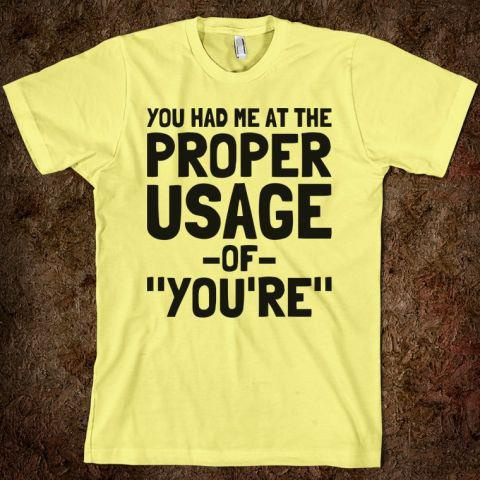 |
SUNDAY LINEUP --- AUTHOR: Marie Davis, IDG Trainer/Speaker |
In my Business Writing and Grammar classes, I regularly hear (and see): “Why is Grammar so important?” “I don’t see what difference it makes.” “That’s old-fashioned stuff – young people don’t care about it.” and (my personal favorite), sitting in the front row texting for the entire session, then complaining the class was “useless.”
“Why is grammar important?” is a valid question and one I’m going to answer in this blog.
In his superb book The Story of English in 100 Words, David Crystal, an internationally recognized expert in the English language, says grammar is:
The story of the way we compose our sentences, of how we say what we mean and of the different effects we convey by varying the order of our words. In short, grammar shows us how we make sense. And the more we know about grammar, the more we understand how language works.
Does that mean we need to go back to analyzing complicated sentences (ugh – remember diagramming?) or learning rule after rule (after rule, after rule, after rule)? Sigh. No, thankfully it doesn’t.
What it does mean is we have to be conversant with correct spelling, punctuation and syntax. Here in America, we practice “transitional grammar” – our grammar is determined by usage. If enough people do it, even if it’s incorrect, it becomes correct. An example? The past tense of the word “sneak.” Most of you are thinking, “That’s easy, the past tense is ‘snuck.’” No, the past tense is “sneaked.” But because so many have used “snuck,” that’s become the acceptable (and expected) word. You may be thinking, “But snuck is in the dictionary!” Well, yes, in some dictionaries…but not in all.
There are two basic types of dictionaries, descriptive and prescriptive. Descriptive dictionaries “describe” how the language is used. Examples are the Webster’s Dictionary and the American Heritage Dictionary.
Prescriptive dictionaries “prescribe” how the language is to be used. An example is the Oxford American Dictionary. If you go to “sneak” in that book, you will find “snuck” is considered as a dialectic or used in the vernacular.
Spoiler alert: Next down the pike? “Drug” for “dragged.” (I drug her to the store with me.) Then we’ll see “conversate” for “converse.” (We need to conversate about the party.)
Over the next few weeks, I’ll be giving some tips on grammar – keep watching this blog. Or, for a condensed version and a boost in your organization’s credibility, I would love to come to your facility to teach a grammar refresher.
READERS: What grammar and business writing questions do you have? Share below.

